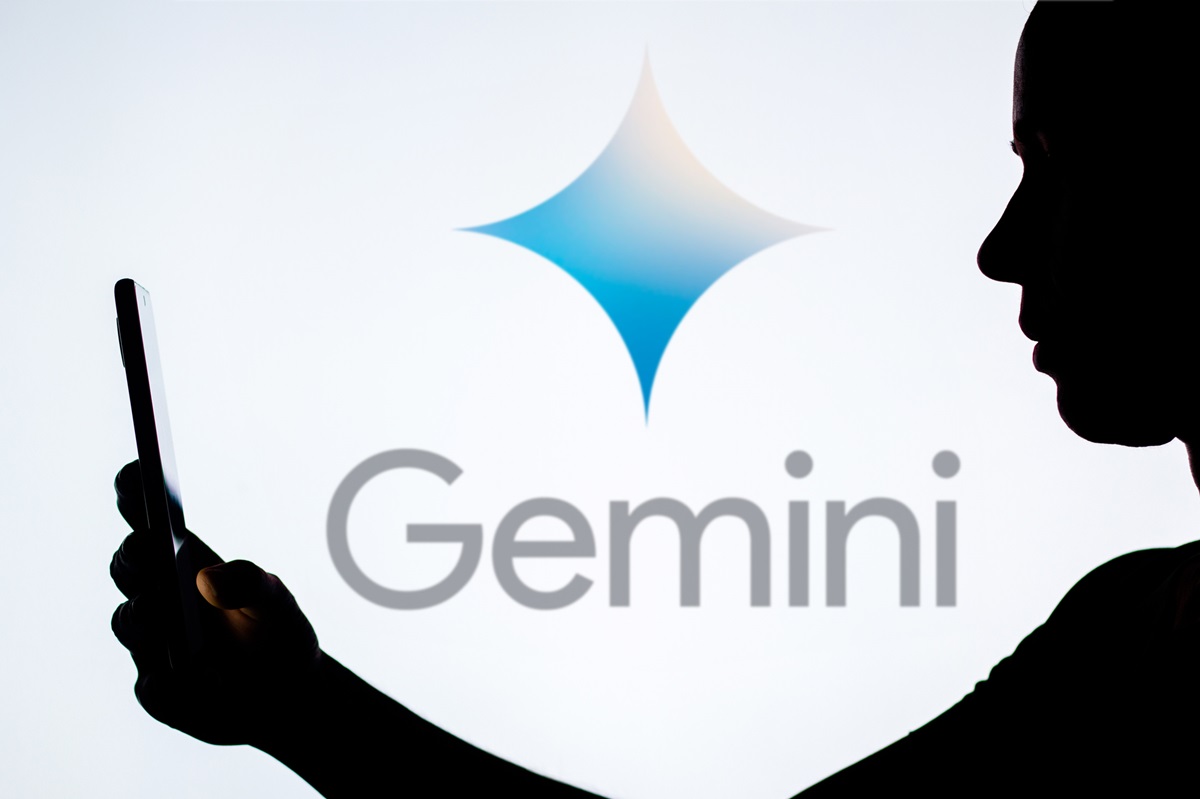The constant evolution of the technology has led the company to rerelease it in an upcoming launch.
The days of Google’s Bard AI chatbot are numbered, as reports indicate the tech giant will be dumping that name and rebranding as Gemini for an upcoming release.
The new name was chosen from the powerful artificial intelligence model powering the tech.
The new Gemini AI chatbot will be launching in coming days as a premium subscription. It will also be part of a heavier push into smartphones with Googe’s own Pixel 8 series devices as well as the Samsung S24 series.

Bard was first unveiled in 2022, and since that time, the tech giant has been working to develop an artificial intelligence chat experience that would make it possible for users to employ it for everything from writing stories and poems to creating code and images.
Since it launched, it has continued its evolution, with new capabilities and features added along the way. For instance, last year, Gemini was added as an upgrade to Bard. Gemini is a multimodal artificial intelligence model able to work with text, audio, images, and video. In January, an image generator was added so users could provide text descriptions and create realistic pictures.
Soon, Bard will be entirely rebranded as Gemini, after the AI chatbot model that runs it since that update.
Gemini Pro is powering Bard in all countries and languages where it is available. It is the advanced version with a higher number of features and capabilities than the standard Gemini model.
That said, additional changes will also be coming to the new Gemini app, among which could be a paid subscription service called Gemini Advanced, which will provide users with Gemini Ultra access. Gemini Ultra is the most sophisticated and powerful version of the AI chatbot model currently available.
According to a leaked changelog making its rounds through media reports, Gemini Ultra is “far more capable at highly complex tasks like coding, logical reasoning, following nuanced instructions, and creative collaboration.” It will be optimized for English at launch and will be available in more than 150 countries.


